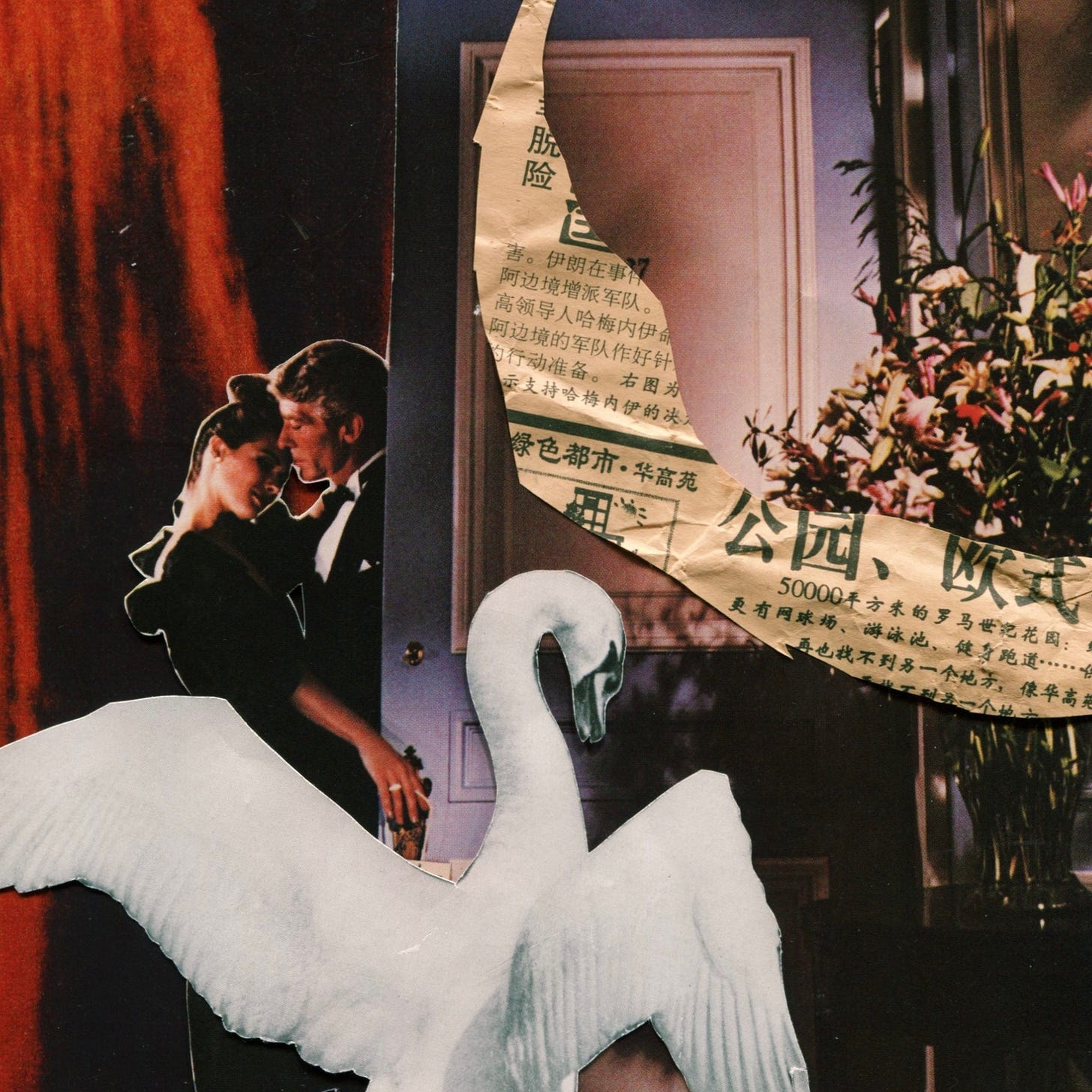Tuesday night, Brian dined at one of the city’s most decadent eateries with some recently celebrated writers and artists. Normally, he didn’t spend so lavishly on food (the vitello tonnato was $45), but he was in a celebratory mood. Earlier that day, he’d met with a real estate tycoon’s lawyer to negotiate the final terms of a contract to construct a megawatt of solar energy across twenty rooftops in the Bronx. Just three months before, Brian’s company had moved out of a garage in Williamsburg. Since then, he’d signed over ten million dollars’ worth of deals.
While Brian was dressed in clothes he’d bought at Nordstrom Rack, his companions epitomized metropolitan cool. They were so stylish, in fact, he couldn’t help thinking they looked like actual money—millions of dollars of actual money, he thought.
They were no doubt erudite, as well. From everything Brian could tell, they had all attended one of the many prestigious liberal arts colleges he’d never known existed until he moved to New York City from Albuquerque. They chatted about society’s problems with fluency and ease. At the bottom of everything, they agreed, as they drank their wine and devoured oysters, capitalism was always the dirty culprit. Someone insisted that “the money” be redistributed. It was a simple matter of “justice,” they said.
A handsome young woman—the great granddaughter of a Greek shipping magnate, now at Columbia’s MFA program writing poetry about the struggles of the working class—began to chastise Brian and his company for buying Chinese modules to use in their projects. When she knocked over a bottle of wine as she reached to refill her glass, the others threw back their heads and laughed.
The check arrived, and Brian placed his credit card on the table. He waited for his friends to put theirs out, too, but instead they checked their phones and fiddled with their belongings. It wasn’t long before a painter with a neatly groomed mustache said, “Thanks so much for the treat, man. You really are the best.” The painter then went on to invite everyone for a private tour of the gallery where his upcoming show was being held.
“I’ve made a series of blood paintings,” he said.
A novelist asked whether the painter had used his own blood. Of course, not, the painter said—he had paid homeless people for theirs. A fashion photographer clapped his hands and told the painter what a wonderful opportunity the painter had given the homeless people to contribute to the making of great art.
Brian thought the moment perfect to announce that his company was part of a workforce training program that provided jobs installing solar panels to newly released convicts.
“You don’t think that’s a bit exploitative?” the painter said.
“We teach them valuable skills,” Brian said. “Not to mention the jobs pay really well.”
“Lugging solar panels around a hot roof all day,” the poet said, “isn’t the sort of skill I’d like to learn.”
“I mean, it sort of verges on dehumanizing,” the fashion photographer said.
The dinner tab was nearly seven hundred dollars. Brian excused himself to use the restroom. By the time he returned, his friends were calling to him from the door, saying their Ubers had arrived. They were all headed to the painter’s gallery.
Matthew is the author of the novels Pure Cosmos Club, The Absolved, and High in the Streets. He is also a primary member of the recording project Bang Bang Jet Away. IG @matthew_p_binder/Twitter @mbinder711



